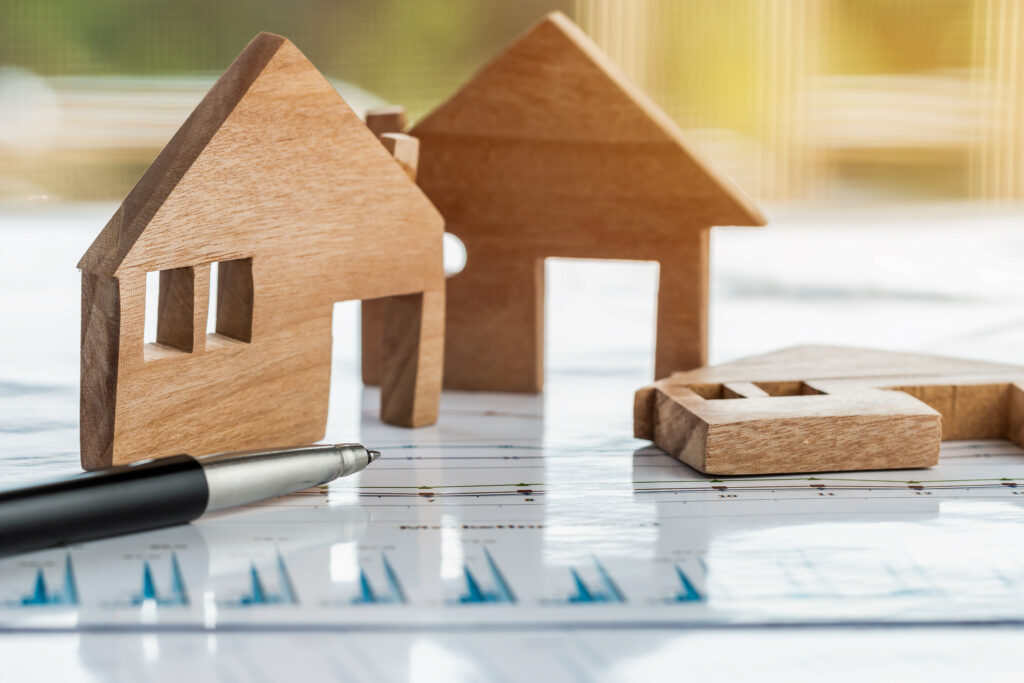The Close of Escrow: A Key Milestone in Real Estate Transactions
In real estate, one of the most significant steps in buying or selling a property is the “close of escrow.” This critical event marks the official transfer of property ownership from the seller to the buyer. It involves carefully managed steps, key parties, and various legal and financial aspects that ensure the transaction is completed […]
The Close of Escrow: A Key Milestone in Real Estate Transactions Read More »












